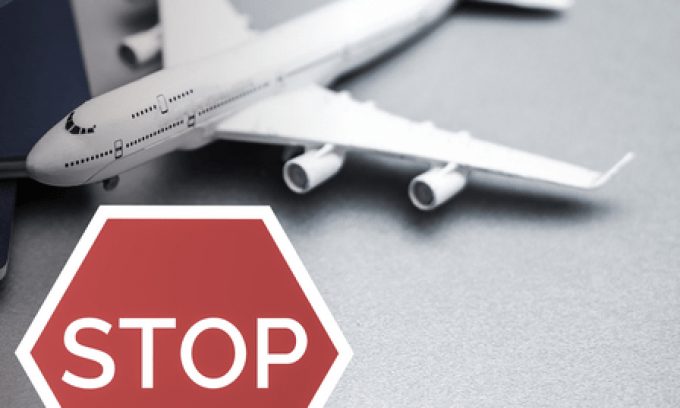Global container trade still strong, but front-loading not the cause
Global container traffic in January continued to show underlying strength, according to recently released figures ...

Air freight capacity has indeed shrunk, according to the first data following Russia’s invasion of Ukraine, and the consequent restrictions on Russian and other airlines. North East Asia – Europe capacity has shrunk by up to 22% in the last week, compared with the week before.
Load factors have risen 1.5% and are now at 84%, according to Clive Data Services, while – as expected – rates have risen.
Rates to Europe from Japan, where carriers are pulling capacity from Europe, have ...
Volcanic disruption at Anchorage could hit transpacific airfreight operations
Macron calls for ‘suspension’ – CMA CGM's $20bn US investment in doubt
Trump tariffs see hundreds of cancelled container bookings a day from Asia
De minimis exemption on shipments from China to the US will end in May
Forwarders stay cool as US 'liberation day' tariffs threaten 'global trade war'
Mixed response in US to 'Liberation Day', while China leads wave of retaliation
Tariffs and de minimis set air freight rates on a volatile course
Overcapacity looms for ocean trades – with more blanked sailings inevitable


Comment on this article